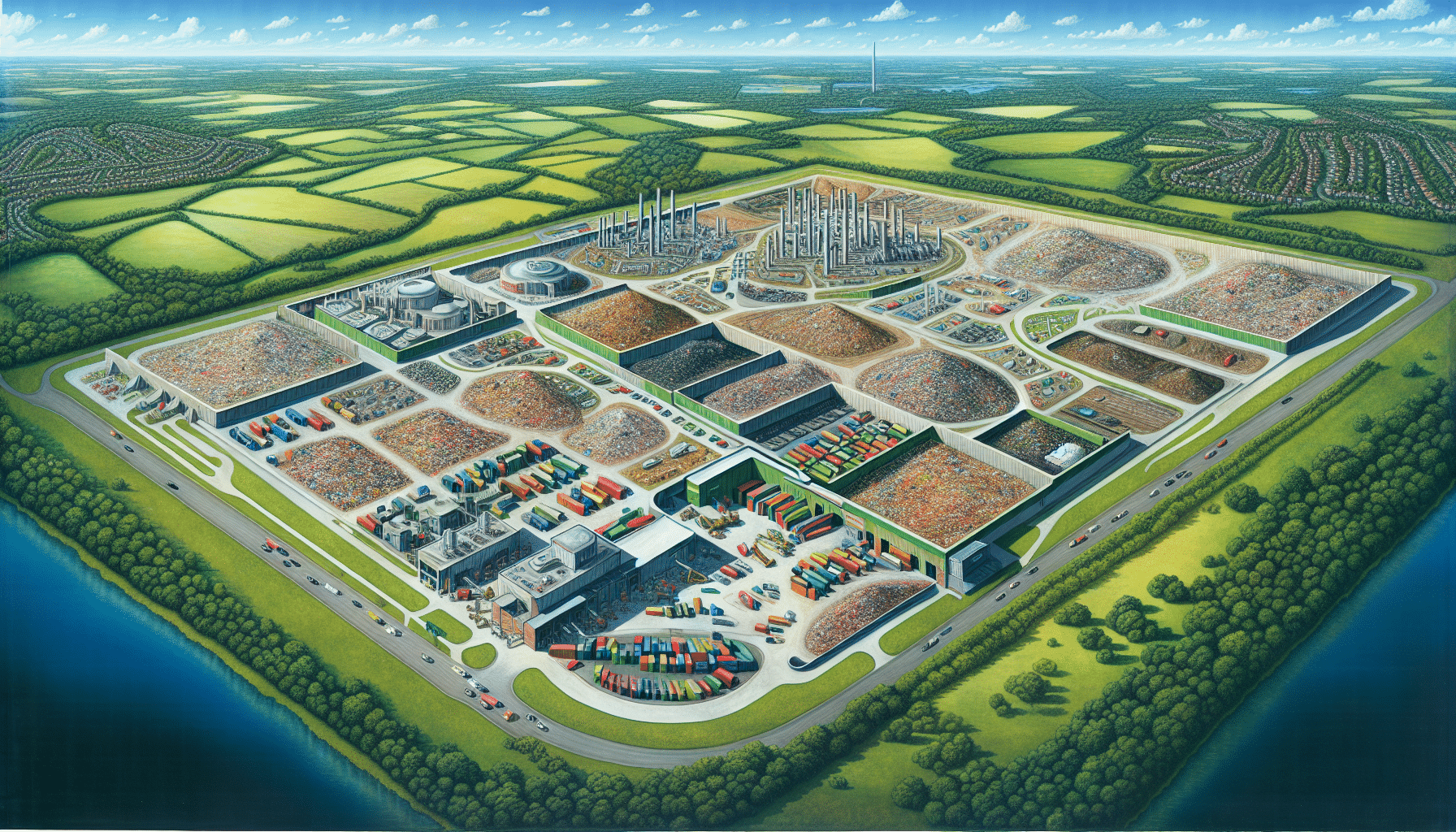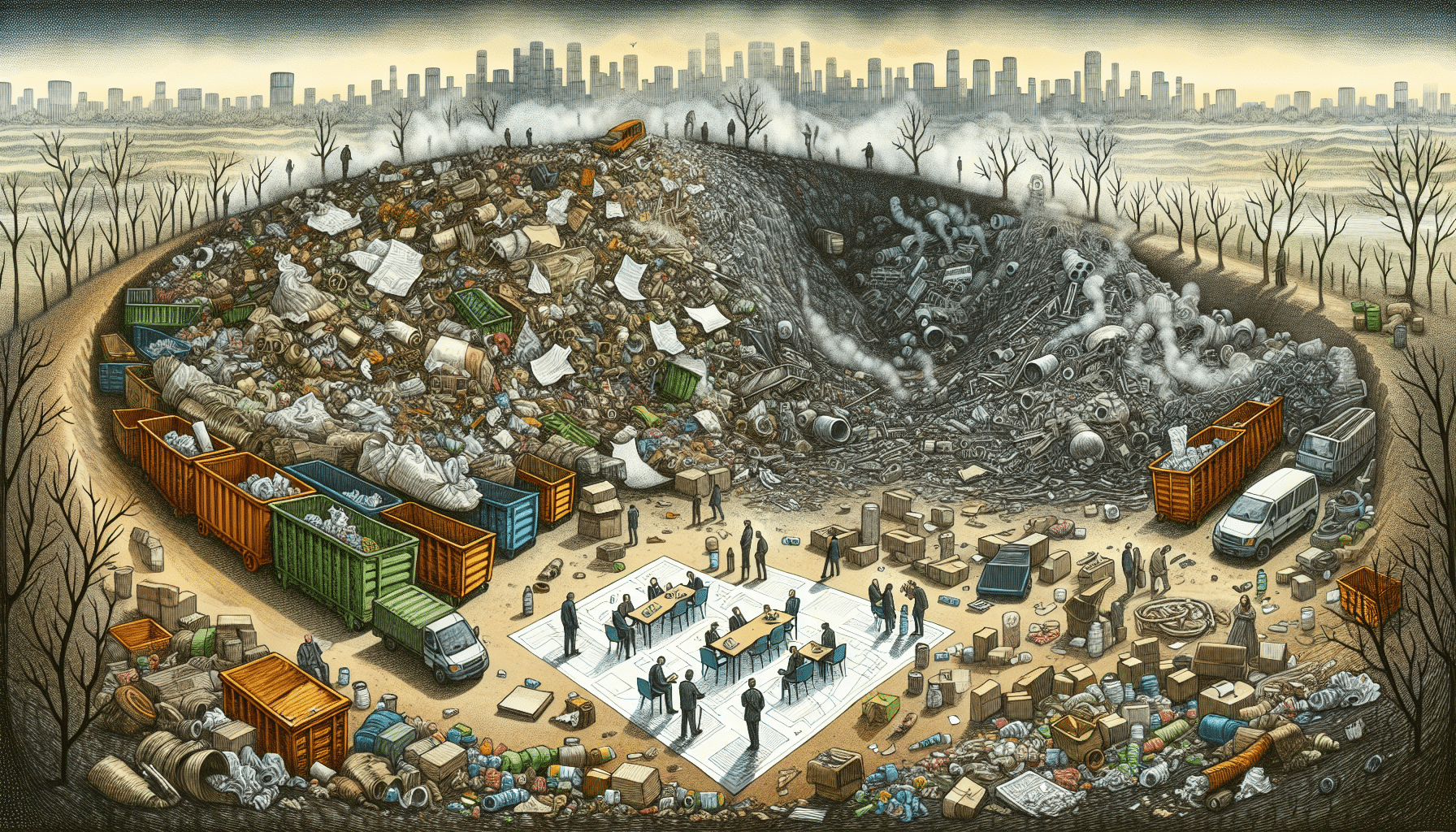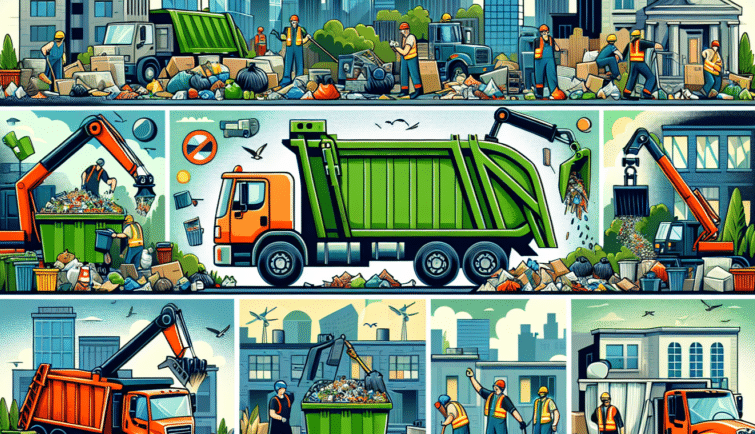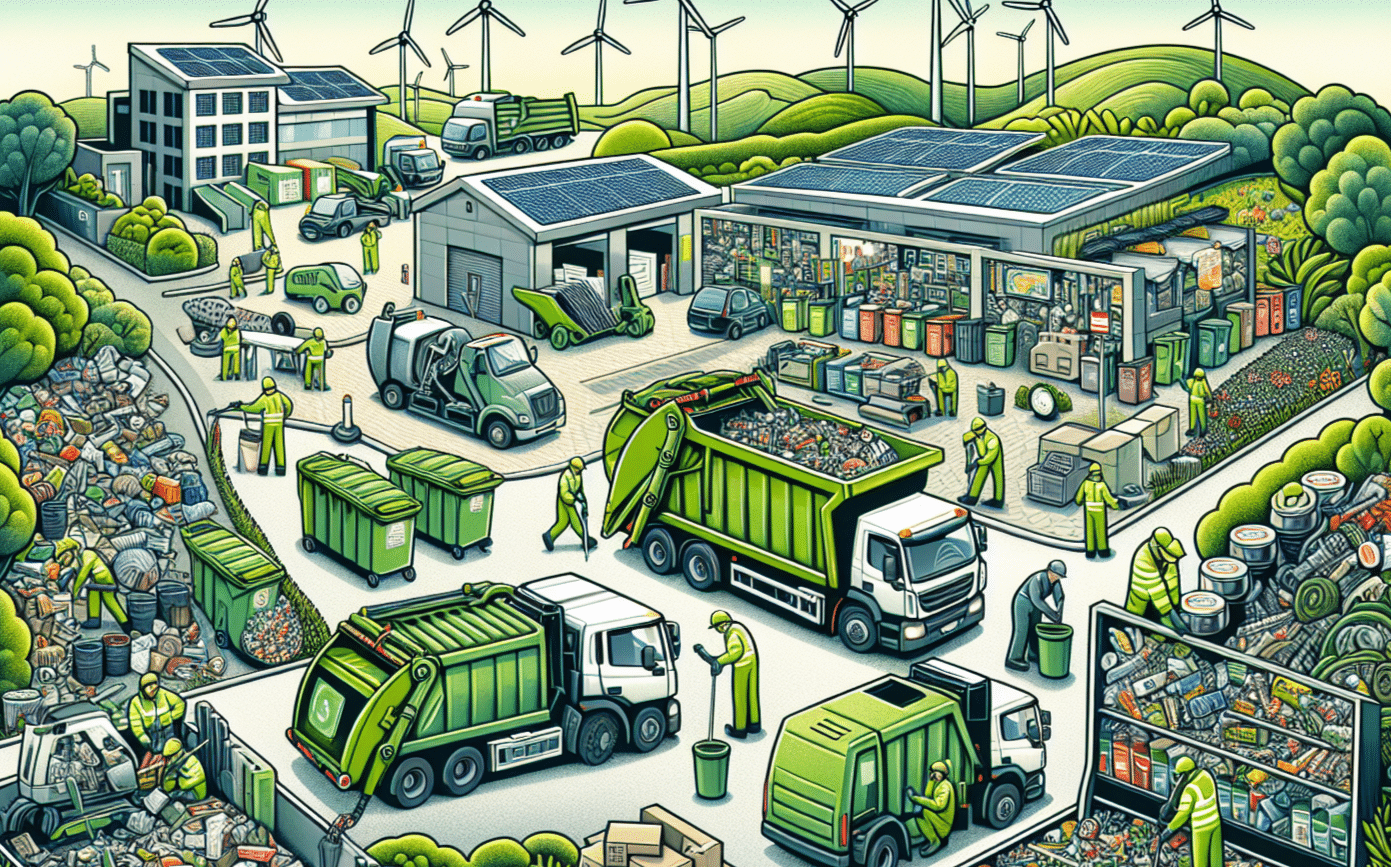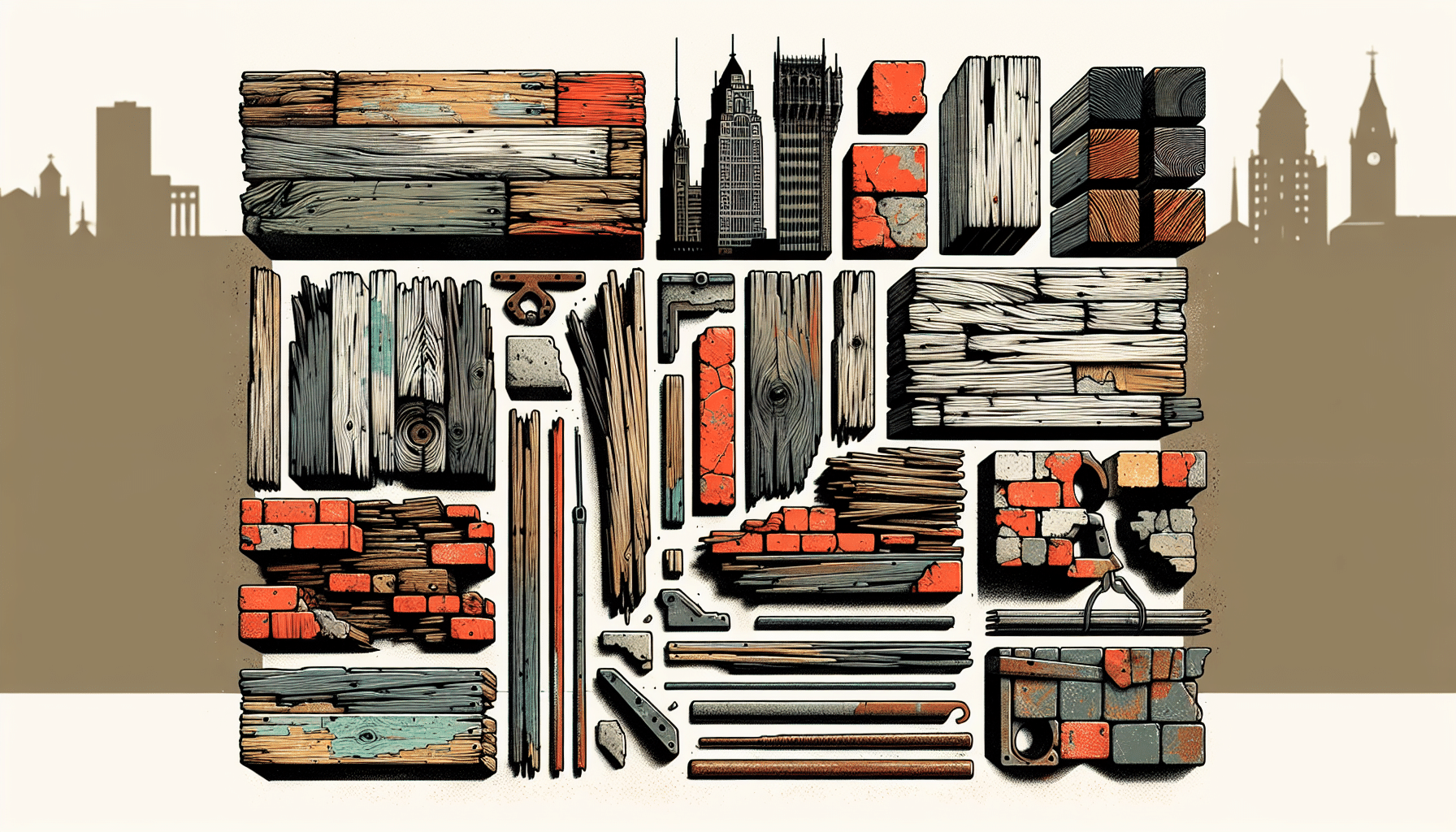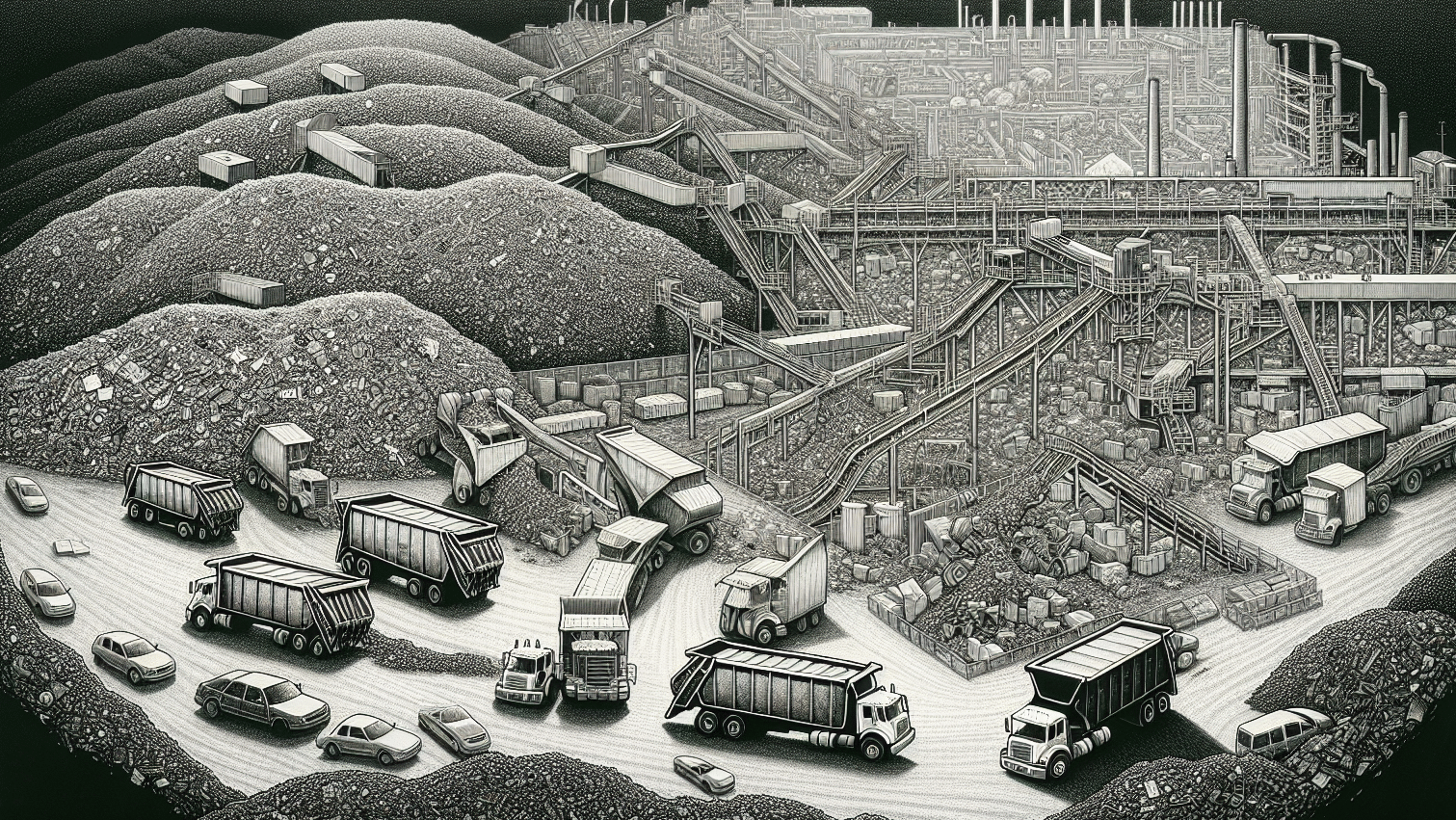Looking for recycled building materials in Savannah, GA? Savvy builders and homeowners know these materials can add unique character while also being a cost-effective and sustainable choice. This guide highlights the top local sources, offering everything from reclaimed wood to salvaged fixtures.
Key Takeaways
- Reclaimed lumber yards in Savannah help to support sustainable building, affordable materials, and community growth.
- Re:Purpose Savannah is a non-profit organization leading Savannah’s recycled building materials movement.
- The Kendeda Building exemplifies innovative sustainable design by using recycled materials, emphasizing localism in sourcing, and inspiring future construction projects in Georgia.
Exploring Savannah’s Reclaimed Lumber Yards
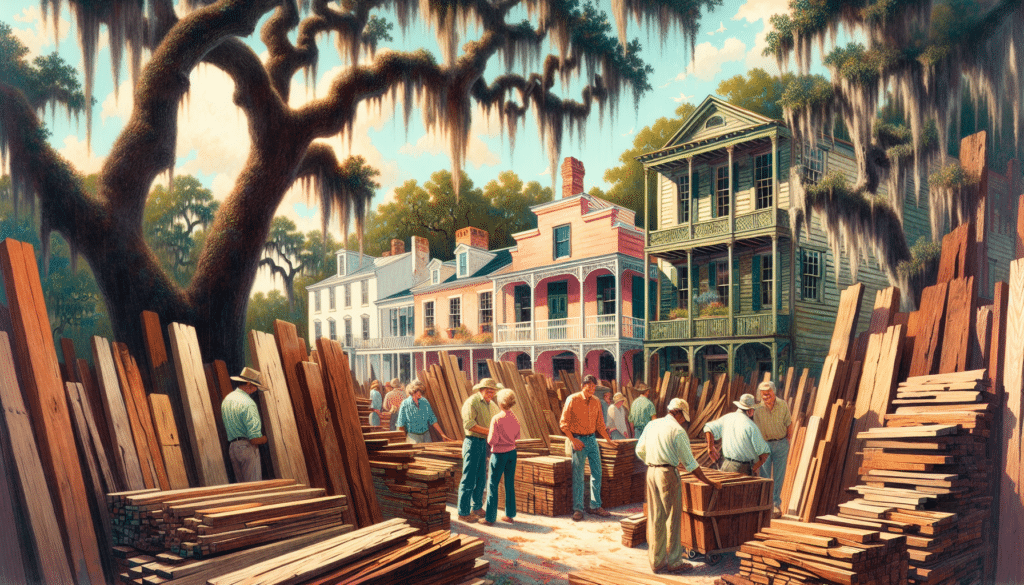
Savannah’s reclaimed lumber yards provide a plethora of salvaged materials that provide a tangible connection to the city’s rich architectural history. Savannah’s specialized lumber yards are treasure troves, offering reclaimed wood that originally were part of the foundations of some of Savannah’s historic buildings. For those who value the patina of time and the stories embedded within, these lumber yards provide wood that carries the legacy of Savannah at prices that encourage its reuse.
The Mission of Re:Purpose Savannah
The beating heart of Savannah’s recycled building materials movement is Re:Purpose Savannah]. This non-profit organization is built on a strong foundation of environmental stewardship and a commitment to community enhancement. Over the past five years, Re:Purpose Savannah has successfully diverted and estimated 3,000 tons of material from overflowing landfill sites. It’s a testament to the power of collective action and the tangible impact of responsible material management.
Innovative Use of Recycled Materials in Construction

In the world of sustainable construction, Georgia’s own Kendeda Building for Innovative Sustainable Design stands as a shining example of what’s possible when creativity meets conservation. The building breathes life into the concept of sustainability, showcasing the harmonious blend of non-toxic, ecologically restorative, and socially equitable building practices.
The ingenuity of The Kendeda Building extends to its exquisite use of recycled materials. The Keneda Building’s walls are finished with slate that once graced the roof of another structure, and landscaping elements that include granite salvaged from the historic Georgia Archives Building. The reuse of these locally salvaged materials contribute not only to the building’s aesthetic but also to its environmental credentials. By doing so, The Kendeda Building not only minimized its environmental footprint but also bolstered the local economy, supporting Georgian businesses and labor.
Your Guide to Donating Building Materials
The cycle of reuse in Savannah is powered by contributions from individuals and businesses alike. Donating building materials not only supports local communities but also ensures that usable resources find a second life. When you’re ready to donate, simply reach out to your local Habitat ReStore. They will guide you through the process, whether you’re contributing recycled building materials or other household items like furniture and appliances. For larger items that are cumbersome to transport, the ReStore offers a pickup service, which can be arranged with a quick call to the store. Upon contributing items to the ReStore, donors receive tax deduction slips, which could potentially reduce your taxable income.
How to Shop for Recycled Construction Materials
Embarking on a building project with sustainability in mind means exploring the vast array of recycled construction materials available in your area. In Savannah, establishments like Re:Purpose Savannah and Habitat for Humanity ReStores are veritable sources for a variety of repurposed materials, ranging from reclaimed flooring to newer home improvement products.
Deconstruction Services: A Sustainable Alternative
As we delve deeper into the world of sustainable building practices, the term ‘deconstruction’ emerges as an example of eco-friendly progress. Deconstruction is a meticulous process that separates out building materials for donation, resale, or recycling. It’s a method that boasts up to 90% diversion from waste, highlighting its remarkable effectiveness as an environmentally sustainable practice.
Summary
]From the lumber yards rich with stories to the inspiring mission of Re:Purpose Savannah, the innovative construction projects, and the incentives for donation, we see a community united by a shared vision of sustainability. This collective effort strives not only to preserve the past but also to pave the way for a greener future, inspiring us to always consider the potential of repurposing with purpose.
Frequently Asked Questions
Where can I find reclaimed building materials in Savannah?
You can find reclaimed building materials in Savannah at specialized lumber yards, Re:Purpose Savannah, and Habitat for Humanity ReStores.
How does donating building materials benefit me?
Donating building materials can provide you with tax deduction slips, potentially reducing your taxable income while supporting community building efforts.
What is the environmental impact of choosing deconstruction over demolition?
Choosing deconstruction over demolition reduces waste by up to 90% and supports recycling and reusing materials, leading to a significantly lower environmental footprint.
Can I donate large items to the Habitat for Humanity ReStore?
Yes, Habitat for Humanity ReStore offers a pickup service for larger donated items, making it easy and convenient for you to contribute.
Are recycled building materials more expensive than new ones?
Recycled building materials can be more cost-effective than new ones and also offer added value in terms of uniqueness and history.















